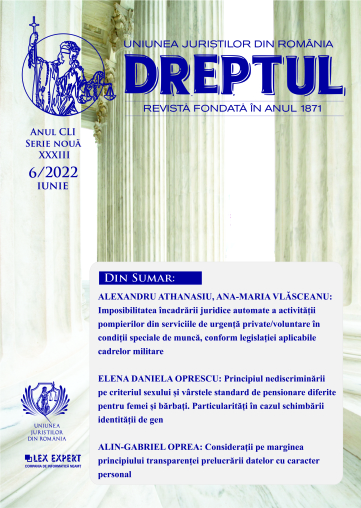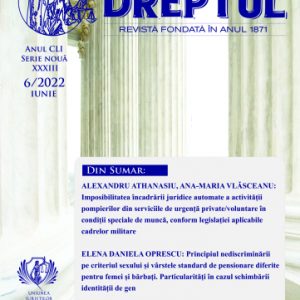As a result of the particular regulation of a long-standing principle of European Union law, as of 25 May 2018, data controllers have an express obligation to process personal data „lawfully, fairly and in a transparent manner in relation to the data subject («lawfulness, fairness and transparency»)”.
In the light of the arguments which will be presented in this article, it will follow that the principle of transparency gives data subjects the possibility to hold controllers and processors accountable and, in particular, to exercise concrete and effective control over their personal data, e.g. by giving or withdrawing informed consent, and by exercising regulated rights in favour of data subjects. In other words, by virtue of the principle of transparency, data controllers are obliged to take any measure necessary to ensure that data subjects – customers or other users – whose data are processed are fully and accurately informed.
As regards the concrete way in which compliance with this fundamental principle can be ensured, the General Data Protection Regulation provides some guidance, stating in Article 12 (1) that the controller is obliged to take appropriate measures to provide the data subject with any information referred to in Articles 13 and 14 and any communications pursuant to Articles 15–22 and 34 relating to processing in a concise, transparent, intelligible and easily accessible form, using clear and plain language, in particular for any information addressed specifically to a child.
Therefore, the information shall be provided in writing, or by other means, including, where appropriate, by electronic means. When requested by the data subject, the information may be provided orally, provided that the identity of the data subject is proven by other means. Last but not least, information or communication should, as a rule, be provided free of charge. Throughout the article, on the basis of the doctrine and case law, the meaning of the notions used by the European legislator in Articles 5, 12, 13 and 14 of the General Data Protection Regulation will be explained.
CONSIDERAȚII PE MARGINEA PRINCIPIULUI TRANSPARENȚEI PRELUCRĂRII DATELOR CU CARACTER PERSONAL
15.00lei


